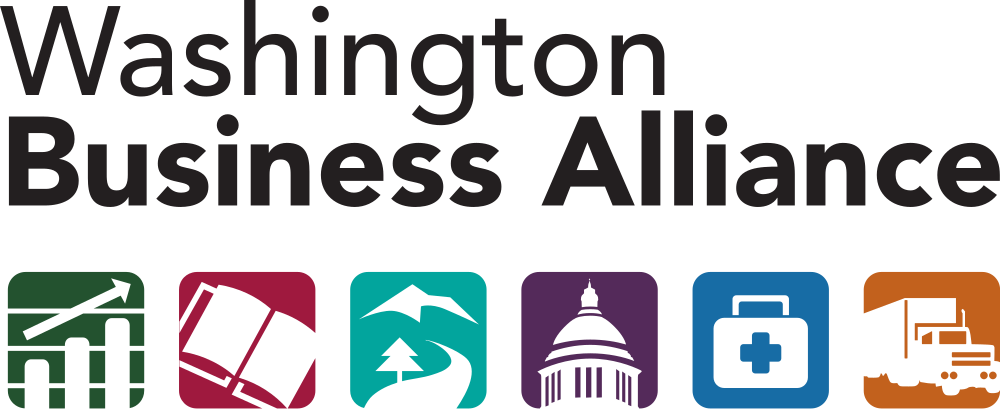For decades, most rural economic-development efforts have focused largely on hitting that ever-elusive home run: landing the big corporate relocation or expansion. But as any economic-development professional knows, this can be a labor- and resource-intensive process with no guarantee of a solid return on investment.
In early 2012, Washington state’s Department of Commerce embarked on a new rural strategy, called Startup Washington, that focuses on building local economies organically by serving the needs of community-based startups and entrepreneurs. The goal was for rural areas to place an emphasis on “create, not relocate” and increase the number of services available to those wanting to start or grow a business.
Success of this strategy is measured not only by the number of startups created and the number of events and services provided but also by the change of local economic-development focus from recruitment to startups and existing businesses. The Startup Washington model is one that “works to complement the local priorities of our region,” says Michael Cade, executive director of Thurston County’s Economic Development Council.
The Startup Washington strategy is based on five services that entrepreneurs and small businesses consider essential to their success: access to capital; networking; mentorship; technical assistance; and education and training. Here’s how the program approaches each of these services:
1) Access to capital
It can be a challenge for small businesses to find the capital need to grow and expand. To fill this gap, the state Department of Commerce, in partnership with the Seattle-based Community Sourced Capital, created Fund Local. It’s an innovative public-private partnership that allows companies to crowdsource needed funds from local investors, who are known as “squareholders.” Since Fund Local started in April, 17 companies have received $500,000 in loans from supporters in their communities.
2) Networking
Each November, Commerce coordinates events statewide during the Kauffman Foundation’s Global Entrepreneurship Week, which brings students, individuals, business leaders, educators, investors and entrepreneurs together to hear new ideas, conduct business-plan competitions and, most importantly, network with one another. In 2014, nearly 200 GEW events were held statewide, with all 34 rural counties participating. More than 10,000 people attended or participated in these events, and numerous startups began as a result. Commerce also has developed an online mapping tool of accelerators, incubators, “maker spaces” and co-working places as well as lists of local “angel investors” and venture capitalists to assist entrepreneurs in networking with their peers.
3) Mentoring
Learning from others is essential to rapid growth and prototyping. The state’s economic-development network uses a two-pronged approach to mentoring. The first is a mentors’ cornerthat exposes entrepreneurs and small businesses electronically to advice and best practices via business experts who have “been there, done that” in their careers. The second strategy is to utilize mentors at the community level, tapping into the wealth of knowledge in rural communities. These business professionals can help entrepreneurs and startups move more quickly to the next stage while avoiding some of the common pitfalls associated with growth and expansion.
4) Education and training
Startup Washington also supports a regional education ecosystem for rural communities. Occurring at the local level, the effort is driven by partnerships with community colleges, nonprofit organizations, local economic-development leaders and private industry. It is based on two successful business models. The Avista Center for Entrepreneurship is a six-month entrepreneurial experience that last year enrolled 75 students and led to 20 businesses being launched. And the Palouse Knowledge Corridor, which serves southeastern Washington and central Idaho, has an annual Be the Entrepreneur Boot Camp, five days of entrepreneurial training that last year resulted in 15 startups.
5) Technical assistance
Startup Washington’s website includes how-to articles, grant opportunities, book reviews, connections to work spaces and investors, and links to online resources, as well as two new publications targeted to startups and small businesses, the Washington “Small Business Playbook” and “When Disaster Strikes: a Crisis Planner for Small Businesses.” Victoria Compton, executive director of San Juan County’s Economic Development Council, has referred numerous entrepreneurs to the site and says that the “breadth of the information has been a valuable tool for startups in San Juan County.”
